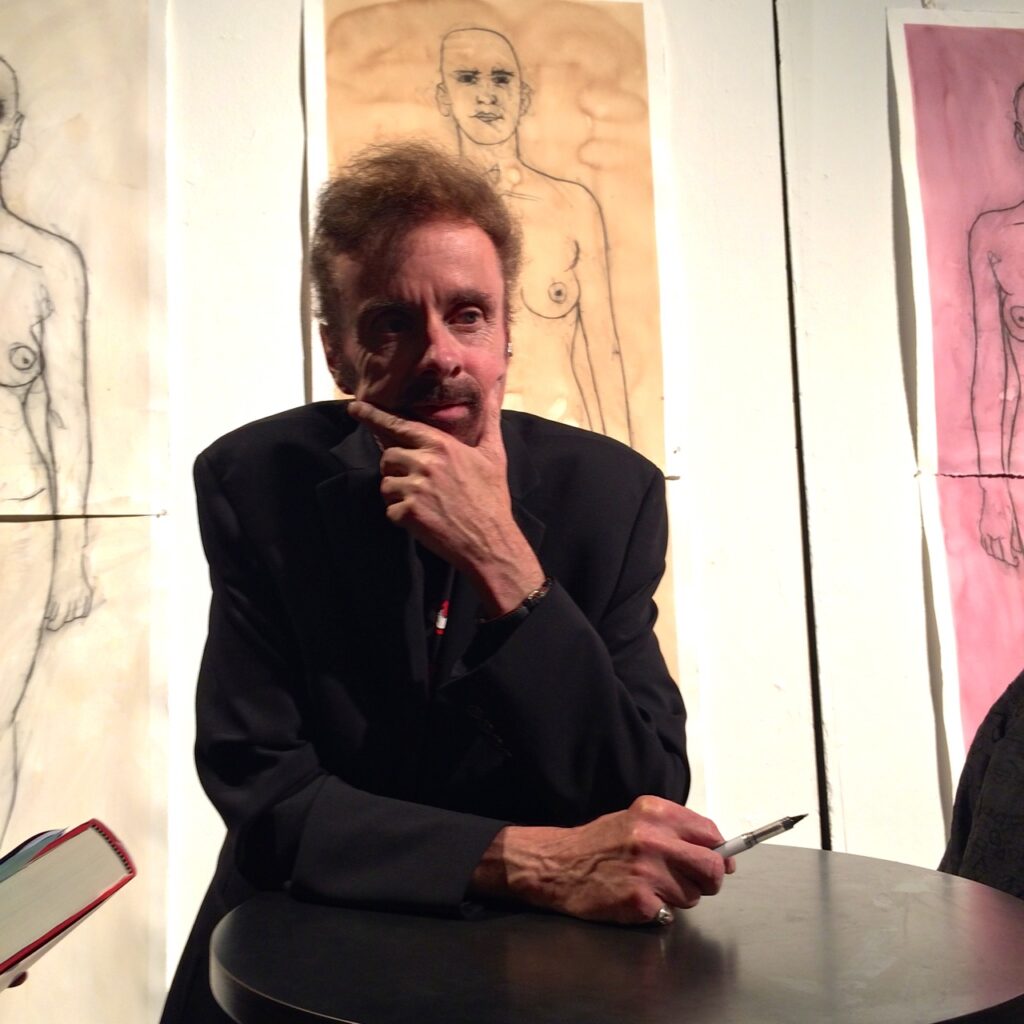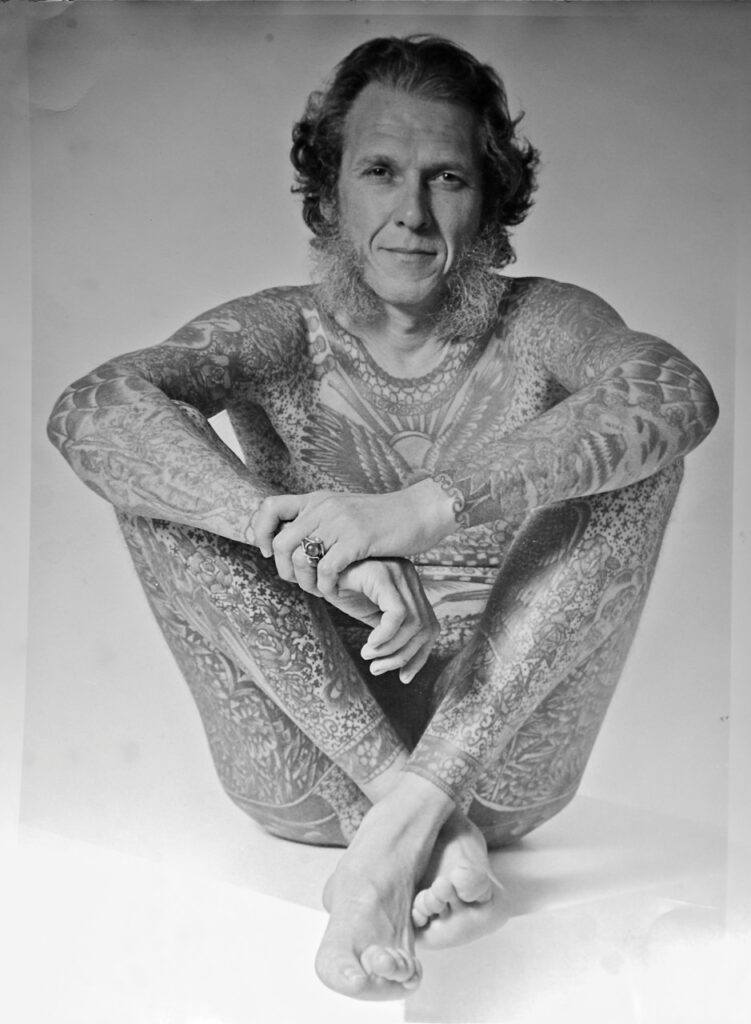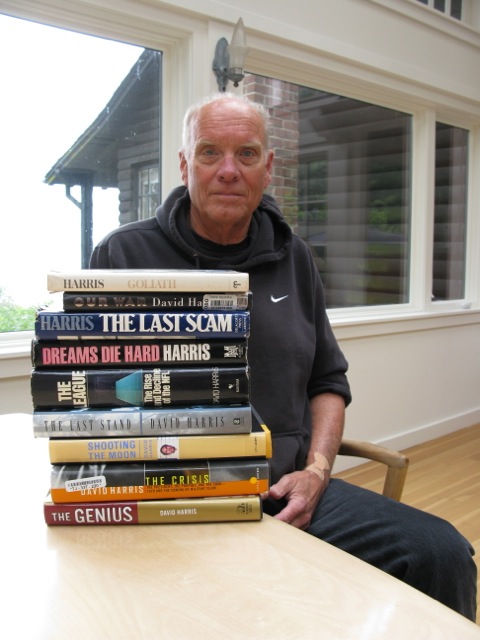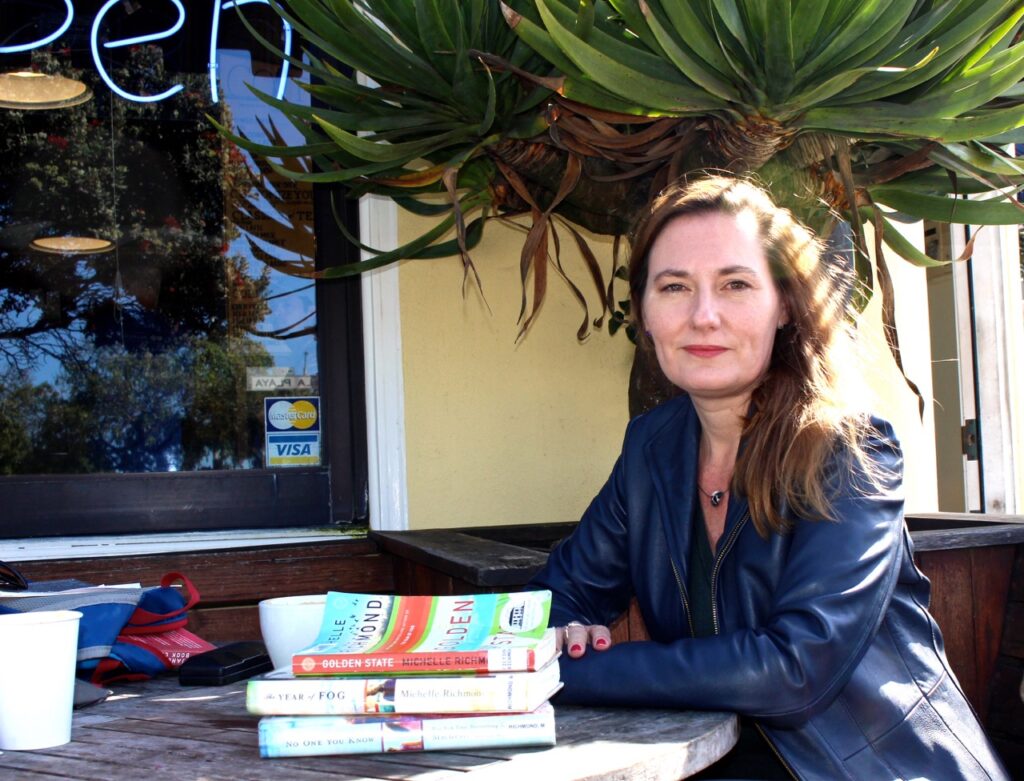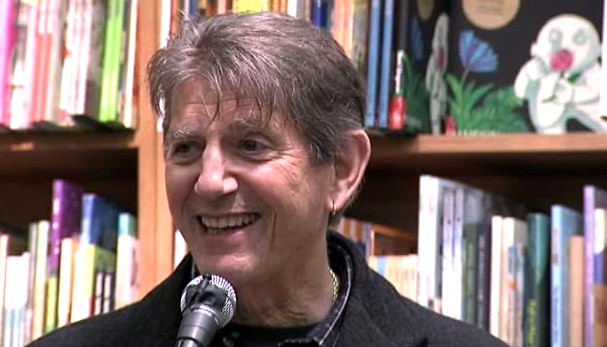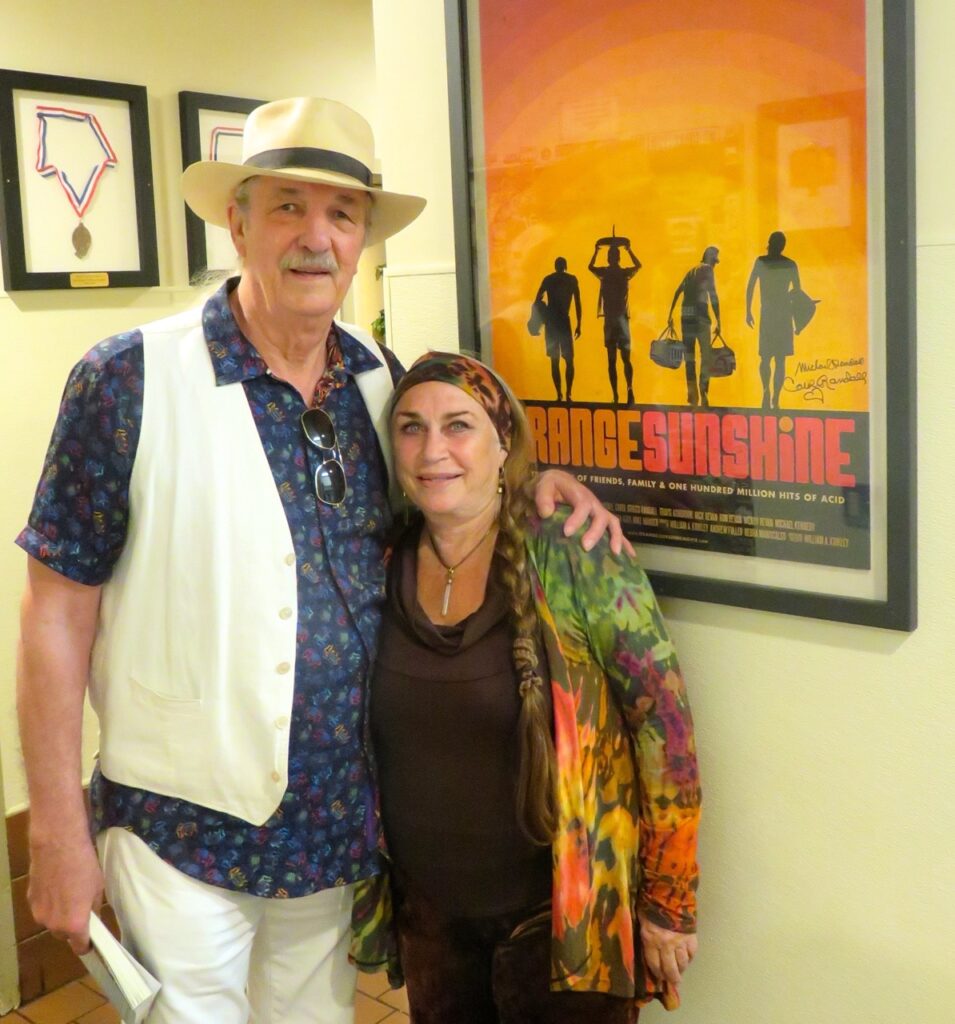Interview & Conversation with Literati and Interestingati
From previous issues: Winter 2022 Issue #20. Lisa Delan, Matt Mooney, Scotty DeWolf, Jeff Kaliss.
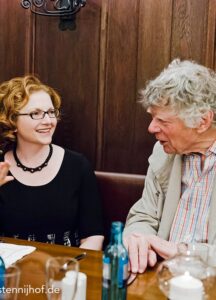
“I was following my pull to ‘art song’ and getting so deeply involved in the underlying poems.”
The Verse & Voice of Lisa Delan
by Jeff Kaliss
I’ve testified in this virtual space about a particular creative and social pleasure initiated unintentionally (do viruses have intention?) by COVID. It’s the weekly gathering, via Zoom, of a poetry group based in the west of Ireland, originally dubbed “Not the Time to Be Silent” and now called “Lime Square Poets”. I advise our readers to check them out on Facebook as last year I had advised Lisa Delan. Lisa became my friend in her role as director of Rork Music, and in my role as a music journalist interested in writing about Gordon Getty, founder of Rork Music— in his role as a composer of classical music. Over lattes in Civic Center coffeehouses, Lisa discovered my more recently established role as a poet, and I discovered that she also writes poetry (as does her employer Getty, who also fashions his own libretti for his operatic compositions).
Lisa and I have in common a helical relationship between poetry and music. In my poetry, as in my journalism, I write a lot about music, sometimes incorporating lyrics in my poems. Music is not so much a source of subject matter for Lisa as a sensibility, linked to her training as a professional singer gifted with a sweet, clear soprano voice. And all this figures back as far as her childhood in New Jersey.
“According to my mom, from the time I could talk, I was singing,” Lisa relates. “And when I was in grade school, she talked to my music teacher about voice lessons, who advised I wait till I was 13, which I did. My dad studied piano growing up, as the child of immigrant Jewish parents. When I was 15, my dad had a friend who introduced me to a voice teacher at Juilliard, so I worked with her once a week. But I also started writing poetry around third grade. I had a babysitter, and we would sit together at the table and write poetry.”
At Oberlin College and Conservatory, Lisa pursued a double major in voice and creative writing, and at the University of Colorado at Boulder she doubled in voice and composition, in the process finding out that, more than opera, she favored what are termed ‘art songs’ sourced in poetry over the arias of opera, bound to drama and story. In the former genre, “I felt like I was singing with my actual voice, even though the words were not mine. It was like I was moving from performing in a role to having a conversation.”
To most classical singers, though, opera looked more like a career. From 1986 to 1989, Lisa completed a bachelor’s degree at the San Francisco Conservatory of Music. “I was living with my boyfriend [in SF] and I assumed that when I finished at the Conservatory, I would go back home to New Jersey, so I could do all of the auditions out of New York, which was much closer to the opera center of the world. . . but opera wasn’t looking towards me, apparently.” More significantly, “I was following my pull to art song and getting so deeply involved in the underlying poems, and it became very clear to me that this was the music that allowed me to get myself out of the way.”
Early in 1990, Lisa got a call from a representative of Gordon Getty, but “I didn’t even know who he was. The only thing that rang a bell was, back in New Jersey we have all these Getty oil stations. . . When I came here to meet him for the first time, he was absolutely not what I expected. We had a great conversation, we talked about his passion for singers and about composing.” Getty engaged Lisa for the Marin Opera’s premiere of his first opera, Plump Jack, based on Shakespeare’s Falstaff. She came to know more about the composer’s backstory as the fourth son of oil tycoon J, Paul Getty. Gordon had assumed control of his father’s $2 billion trust upon the elder Getty’s death in 1976. Lisa also learned that her employer was a fellow alumnus of the San Francisco Conservatory and the composer of a settings of poems by Emily Dickinson, The White Election, which became a staple part of her vocal repertoire and the program for one of her five solo albums for the Pentatone record label.
Lisa’s collaboration with Getty evolved into her directorship of both his Rork Music (named for his mother Ann Rork, J. Paul’s fourth wife) and of the Ann & Gordon Getty Foundation, co-founded by Gordon and his wife, who passed in 2020. Lisa continued to perform and record as a vocalist, and began commissioning more works for soprano, based in poetry. She says, “It’s actually hard for me to read poetry without part of my brain listening for prosody,” the patterns of rhythm and sound. “When I came upon The Book of Nightmares [by poet Galway Kinnell], it resonated”for both Lisa and for San Francisco-based composer Jake Heggie. “And I commissioned David Garner [another local composer] to write on Yiddish poetry, which is deeply meaningful to me. The lyrics are from Avrom Sutskever who was called ‘The Poet of the Vilna Ghetto’, which is where my paternal grandparents are from. In the Neruda poem that Luna Pearl Woolf set for me, I loved finding language used in a way that forced me to identify with a different feeling than I would expect from a particular combination of words.
“Opera is an extroverted art form, and I can behave in an extroverted manner,” she continues, “but at heart I’m an introvert.” She says the same could be said of Getty, who she counts as a kindred spirit, both in art song and in opera, “because you can tell that his ear is already tuned to the prosody. Mr. G [as Lisa calls him] wrote this gorgeous poem after Mrs. Getty passed, which he’s planning to set to music. When I read it with my eyes, I found it deeply moving, but when I read it out loud, I was weeping.”
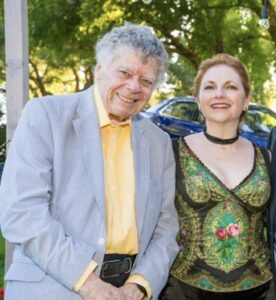
It follows that Lisa’s own poetry is suffused with both feeling and musical flow. “As a person who’s quite profoundly affected by the people in my life, and someone who’s on the autism spectrum, for me part of writing is making sense of what I see and feel. I’m very much rooted and grounded in this whole really beautiful and challenging experience of being human and living in a temporal world with a limited existence. It’s blessed and it’s brutal, and making words out of that dichotomy can also create cohesion.”
Further exploring that process, Lisa reveals that she’s suffered from migraines since her son’s infancy, “and I’m finding that years later going back to those migraine poems, I am viscerally put back in that place. If I look at the struggles my son Gabe has had with mental health, and at the times I thought I would lose him to mental illness, the emotion itself is so diffuse and overwhelming, so amorphous and unknowable, that being able to put that into the narrow confines of [poetic] language creates more space to be with the experience without being overwhelmed by it.”
On a career-related trip in the spring of 2020, Lisa contracted COVID, which temporarily stopped her singing. At about the same time, her marriage also ended and she left their home, with her writing serving to help her process these losses and changes. More recently she’s been living in San Francisco with her daughter, Bella, and her dad Arthur, who is now struggling with aggressive lymphoma. Family togetherness is an abiding theme in her writing. “Bella wandered into the kitchen the other night at some late hour, finding me once again toodling with my poetry on my laptop,” she relates. “And she’s like, ‘This is getting to be be your regular poetry time, isn’t it?’ And I realized I feel more actively engaged with my writing process than ever before.”
Lisa credits my introducing her to my poetry and to the online Lime Square Poets as encouraging this engagement over the last year-and-a-half. “It’s been a constant since I was a kid, but you’ve opened up this space for me as a conduit to other people.” She admits, though, that “I get much more nervous reading poetry online than I do singing for thousands of people. I think it’s my most vulnerable voice, to tell you the truth, when there’s no music in between me and anybody else.”
Lisa has also made a new habit of submitting her work, scoring several offers before her appearance here, which she counts as “really exciting”. Take a look elsewhere in this issue at what she’s given us, and share that excitement.
— Jeff Kaliss, Mill Valley Literary Review Poetry Editor
See the poetry of Lisa Delan in Poetry Review.
A Certain Slant of Light
with soprano Lisa Delan
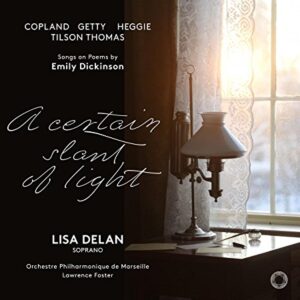 Twenty two Emily Dickinson poems set by composers Aaron Copland, Gordon Getty, Jake Heggie and Michael Tilson Thomas. Lisa Delan (soprano), Orchestre Philharmonique de Marseille, Lawrence Foster (conductor).
Twenty two Emily Dickinson poems set by composers Aaron Copland, Gordon Getty, Jake Heggie and Michael Tilson Thomas. Lisa Delan (soprano), Orchestre Philharmonique de Marseille, Lawrence Foster (conductor).
A Personal Note from Lisa Delan
Emily Dickinson has been a presence in my life from the age of 11, when my Uncle Dan gave me the Johnson edition of The Complete Poems of Emily Dickinson, newly reprinted that year (1976). Without being aware of her poetry’s innate connection to music, I began setting Emily’s verses, creating simple tunes I sang while accompanying myself on guitar. Emily invited me into the world of poetry and inspired my enduring passion for singing the words of the great poets.
I discovered Aaron Copland’s wondrous settings of Dickinson as a conservatory student, but did not perform any composer’s settings of her poems until I was introduced to Gordon Getty’s magnificent cycle The White Election.
I have been honored to both perform and record this cycle, living deeply within the 31 poems that comprise its text. I found that Emily’s words bloomed inside me in ways both startling and intoxicating. While recording this album, I felt Emily’s words blossoming in me again, through the voices of Copland, Getty, Jake Heggie and Michael Tilson Thomas.
I approached their songs with the same sense of awe I felt when first cracking the spine of the volume my uncle gave to me a lifetime ago… though it feels like yesterday. As Emily wrote:
Forever – is composed of Nows –
‘Tis not a different time –
Except for Infiniteness –
And Latitude of Home –

Like what we do? Please support writers and help keep MillValleyLit ad-free. Donate at this PayPal link: PayPal.Me/yeslpk or with Venmo: perry-king-5. Subscription info here.
From previous Issue #19
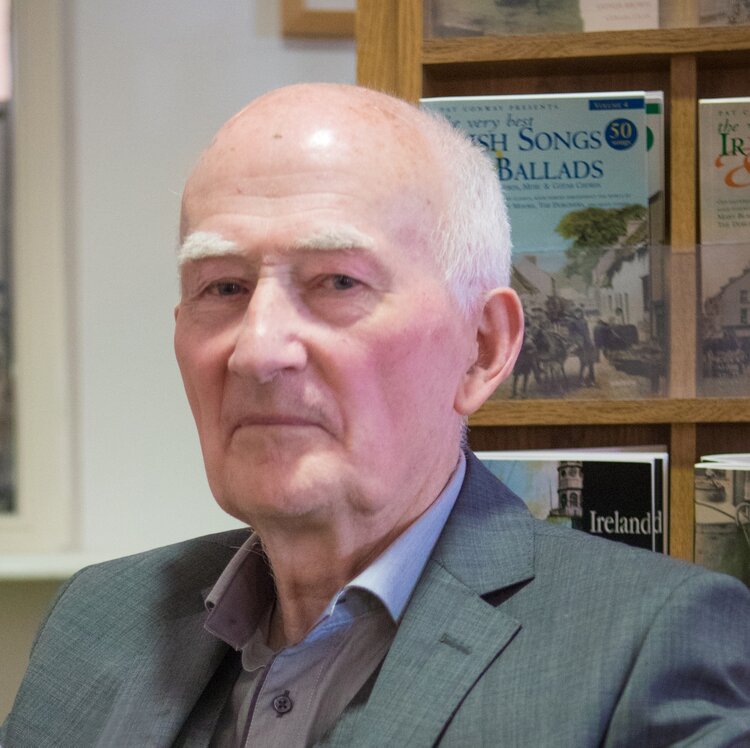
Poet Matt Mooney
by Jeff Kaliss, Poetry Editor
“In this country, we’re very, very lucky. Our president is a poet!”
We know these words are not being spoken in the United States, both because we haven’t experienced Joe Biden as particularly lyrical and because the speaker, Matt Mooney, speaks in the lilting accents of County Galway, where he was born and raised, near the west coast of Ireland, in 1943.
“President Michael D. Higgins went to college with me,” Mooney continues, over Zoom, through which I first encountered him in an online poetry open mic last year. “In my estimation, I love the honest-to-God approach he has, it’s very crafted.” In addition to his two collections published this year — Steering By the Stars (Revival Press) and Éalú (translates as ‘Escape’ and entirely in the Irish language, published by Coiscéim), both available from mattmooneypoetry.com, Mooney also reviews poetry for the Galway Review Literary Magazine, so he knows about craft.
“I started to write poetry in bits and pieces in the sitting room in Galway, in the house where I was born, where I would be studying for exams, away from everybody,” Mooney recalls, his voice in high ‘Irish tenor’ range. “I would say I was sixteen to eighteen, maybe.” His more recent poem, “Besotted”, included in Steering By the Stars, recalls the “mixed farm” he grew up on. “My father was a sean-nós singer, in English,” he says, referring to a traditional song form favored in the Gaeltacht, the Irish-speaking region of his nation.
“Our secondary school teacher inculcated a love of poetry and of prose, too. I remember buying a paperbound copy of Yeats, and reading and reading it on the bus. I was desperately fond of Wordsworth, too. And it does pay off.”
But poetry had to await his longtime duties of raising a family and serving in the school system of Listowel in County Kerry, near his current home in Tanavalla. “I was too occupied with teaching, and once I retired,” in 2002, “there was something released in me.” His first collection, Droving, titled for his early farm life, was published a year later, followed by three other books before this year’s.
Ireland may be currently the most benign environment to grow as a poet, regardless of your age, with local, regional, and national competitions and festivals year-round, and, in this poet’s experience and opinion, the world’s best online open mic, in terms of craft, sociability, and abundance and quality of feedback. It’s called Lime Square Poets (https://www.facebook.com/groups/437558500682820), it’s hosted in County Limerick, and Matt’s there every Thursday, at 8 pm his time, Noon Pacific time. “I took to Zoom like a fish to water,” he says, “and it’s worked wonders for me, because of the regularity. I’m interested in progression myself, as a poet, but I’ve also become deeply interested in other people’s lives and work.”
Mooney occasionally cultivates alternate forms such as shape poetry and five-word prompts, but his approach is mostly closer to his beloved countryman Yeats, in structure and sentiment, even when he’s dealing with contemporary geopolitics or the pandemic. He’s very much a devoted and proud family man, and he has read original elegies at funerals of relatives and friends. Alluring photos by his daughter, Siobhán, adorn the pages of Éalú and the cover of Steering by the Stars, and his 15-year-old grandson, who lives on one of the Aran Islands off Galway, has won awards for sean-nós singing, in the original Irish language, suggesting that his country’s past has a future.
“I´m at a stage of life where I´m on top of the hill,¨ states Mooney softly. “Many of my poems were written on the hills above the woods here. The metaphor is that streams flowing past the place where I am reflect the blood flowing through my heart, and that all these things are convoluting together, the outer and the inner. You have a writer’s spectrum of life when you get to the top of those hills.”
END
See Matt Mooney poetry in Poetry Review here.
From previous Issues:
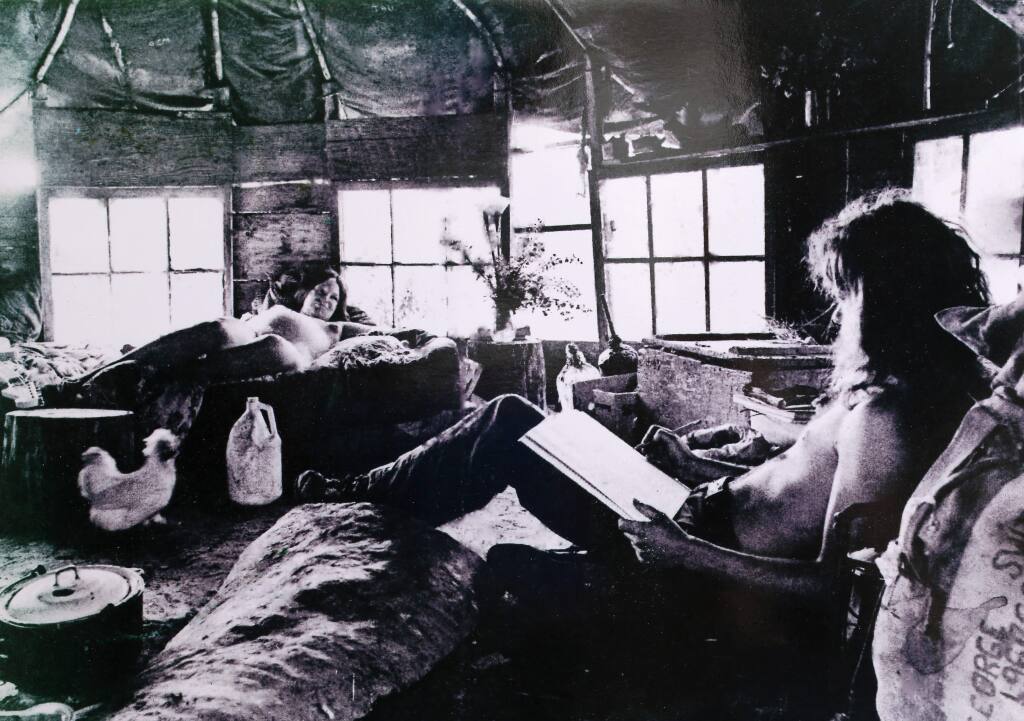
Bay Area Beats, Hippies, Music and War: Conversation with Scotty DeWolf by J.Macon King
Scotty DeWolf is a musician, writer, story-teller, philanthropist, web host, and more. Despite his rough and near-fatal early life, DeWolf soon gained a knack to be in the right place at the right time. DeWolf grew up in the Bay Area and is currently residing in historic Jacksonville, Illinois. He is near completion of the restoration of two turn-of-the-century mansions. This project and his fund-raising drive for community performing arts was produced as a documentary by PBS. Link and info on donating follow.
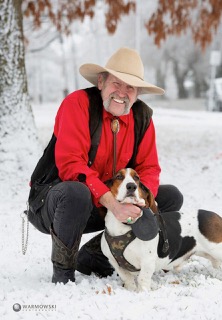
Scotty, tell us about your wild ride in the early Fantasy Record days.
DeWolf: I was in my late teens, when I worked for the Weiss brothers. Max and Sol Weiss were the very eccentric but very rich owners of the old Fantasy Records. I came to know Max Weiss very well. Fantasy was then in the Mission District of San Francisco.
This was all pre-Saul-Zaentz ownership?
DeWolf: Yes. At Fantasy I had a chance to meet the band known as the Golliwogs. Their original name had been changed to the Golliwogs to sound more like the hugely successful British invasion bands.
The Beatles, The Animals, The Yardbirds…
DeWolf: Right. Max finally figured out what a golliwog doll really was in England, and encouraged them to change their name to Creedence Clearwater Revival. Later, Max and his brother sold Fantasy to their employee, Saul Zaentz. This was a big mistake because soon Creedence hit the charts with “Susie Q” and “Proud Mary” and started to outsell the Beatles. Saul became richer than Max could have imagined.
But in your time there, the Weiss brothers had gathered for Fantasy quite the stable of recording stars. You met some of the others?
DeWolf: A perk of my job included going to lunch with Max at the very popular Original Joe’s on Taylor Street. The actual, original Joe’s restaurant. There were more “Joe’s” later. The tourist-favored Hilton Hotel was on one side and the seedy Tenderloin District was on the other side. Kind of a culture clash and the neighborhood still is. Joe’s was Max’s favorite place. He never paid cash there, all he would have to do is sign the tab. He paid them once a month. I would accompany Max and the people he would be entertaining, often from his group of amazing artists. These included Cal Tjader, Big Mama Thornton, Dave Brubeck, and Vince Guaraldi. Also, Bola Sete, and many others. Pig Pen, the organist from the Grateful Dead would join us. The most notorious person on the label was potty-mouthed comedian Lenny Bruce.
Lenny Bruce! What happened? This should be good.
DeWolf: When we went to lunch there, Lenny would always tip me $20 and say, “You stand by the men’s room door, and you tell people that it’s temporarily closed for cleaning.”
I thought he was prepping for his “act” —acting crazy in the dining room. One time, dancing from table to table, to the alarm, but ultimately the entertainment of the lunch guests. I eventually realized why he wanted me to keep the restroom free —so he could sit on the toilet in peace and give himself a heroin fix. He was a zany character without a doubt. Lenny finally died sitting on the toilet. giving himself a fix that turned out to be a lethal overdose.
Sad. Such a talent. But a classic ending for junkies. Despite that, young users think, “I’m gonna’ be the one that doesn’t get hooked.” How about one more Fantasy Records story?
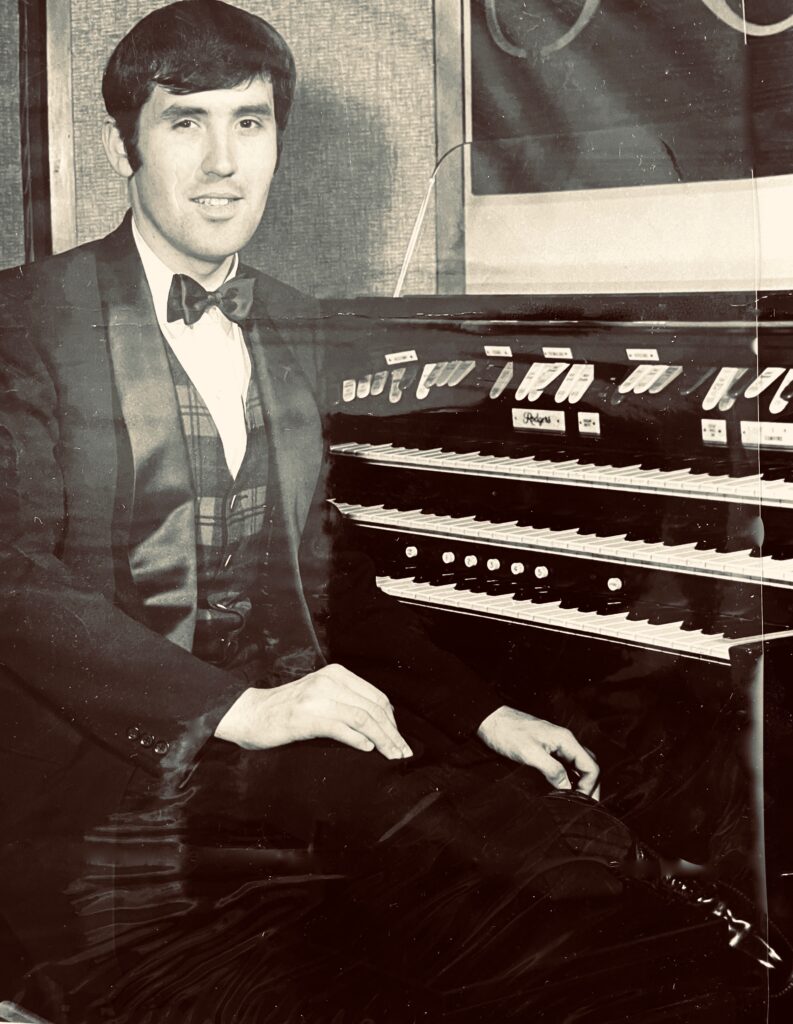
DeWolf: One of the most thrilling encounters I had with the old Fantasy and Max Weiss, was helping with the recording of Duke Ellington at Grace Cathedral. Max called it “Jazz Mass” although the official name was “Concert of Sacred Music.”
For readers who are not familiar, Duke Ellington was one of the most important figures in the history of jazz. Grace Cathedral is a San Francisco landmark. (BTW, I was married there!) The gorgeous cathedral, atop Nob Hill, is French Gothic style, spectacular really as a facsimile of Notre Dame.
DeWolf: Yes. This was in ’65, right after Grace was constructed, and not long after Martin Luther King Jr. gave a sermon there, fresh from his Selma march. You have to realize in those days, jazz in a major city Episcopal cathedral was pretty ground-breaking stuff, controversial. One critic described these concerts as “Ellington bringing the Cotton Club revue to the church.” I knew Duke Ellington was already an immortal in his lifetime, and I really wanted to see and meet him. The day before rehearsal Fantasy was sending in a crew to string mics and lines high up in those arches of the Cathedral.

Max Weiss did not really need me on that project. I eagerly volunteered to work for no pay. Max, being a shrewd businessman, liked that idea. He said I could be a “gopher”—you know, “go-fer” coffee and things for the crew. I ended up helping with the stringing way up on the ladders, other stuff. So Max gave me free admission to the live event.
That’s how I got to meet the great Duke Ellington. I’ll give you a quick anecdote. During rehearsal at Grace, some of us were chatting with Duke, when this beautiful, leggy lady walked in. The Duke said, “Boys, I don’t want this cooing pigeon to fly away. Excuse me, this is going to be a long lunch break.” He returned about two hours later!
That’s show biz. Ha. And how was the show?
DeWolf: Amazing. The live performance and sound at Grace were amazing. The festival also featured Fantasy Records pianist star Vince Guaraldi.
Wonderful jazz musician. Perhaps now more widely remembered for his Peanuts “Schroeder” piano music, like “A Charlie Brown Christmas.” He lived in Mill Valley.
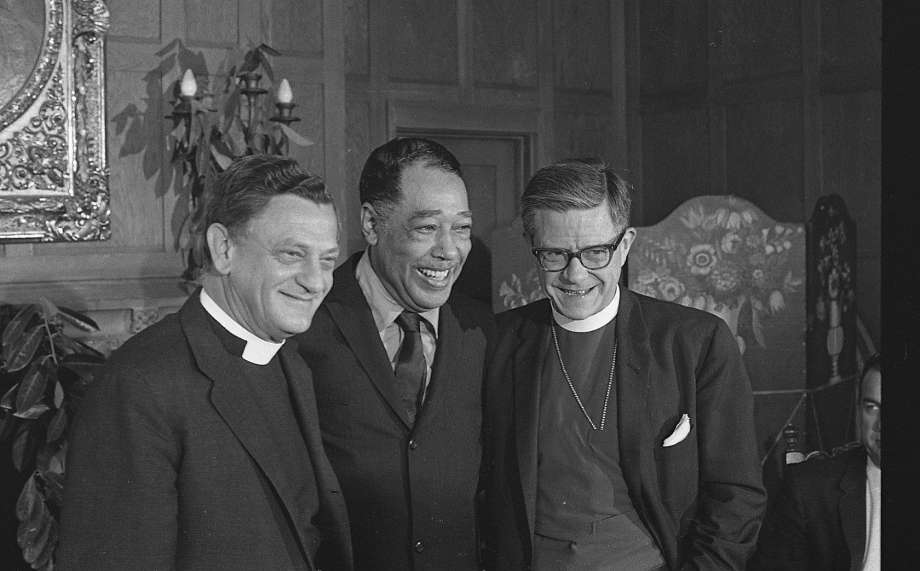
DeWolf: The Bishop, Bishop James Pike, the eccentric and iconic character, was why this was able to happen at all. He was WAY ahead of his time, and a true Renaissance man for his leadership in San Francisco. Seems most things he did were controversial. He was the one who invited King to give a sermon at Grace, and was a political advocate for workers’ rights, and also gay rights, civil rights, and women’s rights, particularly in the church. I was also able to meet Bishop Pike, and found him full of life, ebullient, and intellectually gifted.
Great stories. You always seemed to be in the right place at the right time. Tell us about the characters you met in North Beach.
DeWolf: I knew Enrico Banducci, but everybody did. He was the unofficial “Squire of North Beach.” Enrico’s North Beach café was a hangout of mine. For a lot of famous characters, too. I casually met Jack Kerouac, Kenny Rexroth, Alan Ginsberg, the late Ferlinghetti of course, since his bookstore was just down the way, and other Beats, poets, musicians, and friends.
What a scene. I missed it in the 60s, but frequented there, and other Beat favorites like Tosca and Vesuvio’s later. A couple of friends of mine worked at Enrico’s in the seventies. A very hip spot, with Greco-Roman columns, the first sidewalk cafe in San Francisco, felt like you were in Italy.
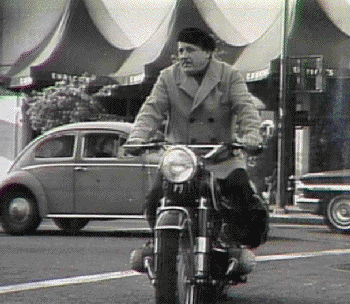
DeWolf: Enrico also owned the live music club down the street, the hungry i. The nightclub was huge in starting stand-up comedy, particularly on the West Coast.
The hungry i. A lot of future stars got their start or career boosts there, including Woody Allen, Mort Sahl. And singers like Barbara Streisand, Dinah Shore, Ike and Tina Turner, Kingston Trio, and a bunch more. You see any of these?
The hungry i was described by columnist “Freddy Francisco” as being a “basement Disneyland peopled by beatniks, left-over bohemians, on-the-nod junkies, and other waifs and strays from reality.” hungryi.net
DeWolf: I couldn’t afford to see a lot of shows, but as a musician myself, I kind of kept track of who was performing there. The Limelighters folk group got their start at the hungry i. Glen Yarbrough was perhaps the best-known musician in the group, but co-founder Lou Gottlieb also became known in a different way.
Lou and his wife bought a ranch in Occidental, up in Sonoma County. I was invited to visit. It was a nice quiet rural place. Before it got some notoriety in the press. Gottlieb soon opened up the place to literally everyone. Really, anyone could come, stay for free, do drugs, run around naked, whatever they wanted. People came by the dozens and over-ran the facilities, and the authority’s and city’s patience. This was Morning Star Ranch.*
That place is legendary. You went there?
DeWolf: Morning Star was formerly a big chicken and egg ranch owned by poet John Beecher. To round out the literary angle, he was the great-grandson of Harriet Beecher Stowe.
Uncle Tom’s Cabin. Interesting. Harriet probably wouldn’t have liked The Golliwogs. (laughs)
DeWolf: Lou, and his wife Lee Hart, turned the ranch into a Beat hangout in the early sixties. Then the Diggers got involved…
The “Free stuff for everybody” Diggers. Co-founded by Peter Coyote.
DeWolf: Right. The Diggers used it as a space to grow food to give away for the Haight Ashbury runaway scene. The ranch turned from artsy Beat into a hippie hangout. It became better known to many as the “Digger Ranch.” In ’67, the ranch was featured on the cover of Time magazine. Time called it a place to “do your own thing.”
Novelist T.C. Boyle, whom I’ve interviewed, pretty much based his excellent Drop City novel on the communal Morning Star, and the neighboring Wheeler Ranch. Both had a similar mindset, and outcome.
DeWolf: When I visited again—what a difference! There was maybe a hundred people there, and a lot of funky makeshift housing and trailers and buses and everything. It was filthy by then and everybody was effed up. A lot of them were dropping acid in those days and behaved in a bizarre way. It was a real mess as a health hazard as there wasn’t proper sanitation there and often well-over a hundred people and hanger-oners were kind of living there. The health department of Sonoma eventually shut the ranch down.
Tell us another story of the 60s.
DeWolf: 1964 was when I first started doing the North Beach and Berkeley scenes. In the late 60s, I was eligible for the Viet Nam draft. I thought I was going into the army until my medical exam and they 4 F’d me.
I’ll tell you one of my most indelible memories of so many events in the in that era. I will never forget the sight of Sherman tanks rolling down Shattuck Avenue in Berkeley with hippie protesters walking in front of the tanks. The protestors were taunting the soldiers, holding peace signs, yelling anti-war chants.

At that time, I was working at the music store in Berkeley called Tupper and Reed. It had been in business since the Great Quake. The owners of the music store were conservative and in favor of the Viet Nam War. The day before this big protest I warned them that they needed to do something to save their building. So, I talked them into putting a big sign in both of our windows that said “MAKE MUSIC! NOT WAR!”
Right next-door to us were the Sutro brokerage house and the corner Wells Fargo Bank. During the protest, both of those buildings were mercilessly thrashed and broken into. Broken plate glass everywhere. Our building was the only one for three blocks that didn’t have a broken window. My suggestion earned me $100 bonus the next day from the conservative businessmen at the store.
END
Read Scotty DeWolf’s short story, “An Angel Without Wings” here.
*Heirs to Morning Star Ranch, famed 1960’s Occidental commune, selling for $2.5 million. Lou Gottlieb (Limelighters) ranch.
‘Drop City’ : 2003 The Bohemian article on TC Boyle’s novel based on ranch. https://bohemian.com/drop-city-1/
Scotty DeWolf, interviewed in Jacksonville, Illinois for PBS “Illinois Stories.” Illinois Stories DeWolf B&B WSEC TV PBS Springfield
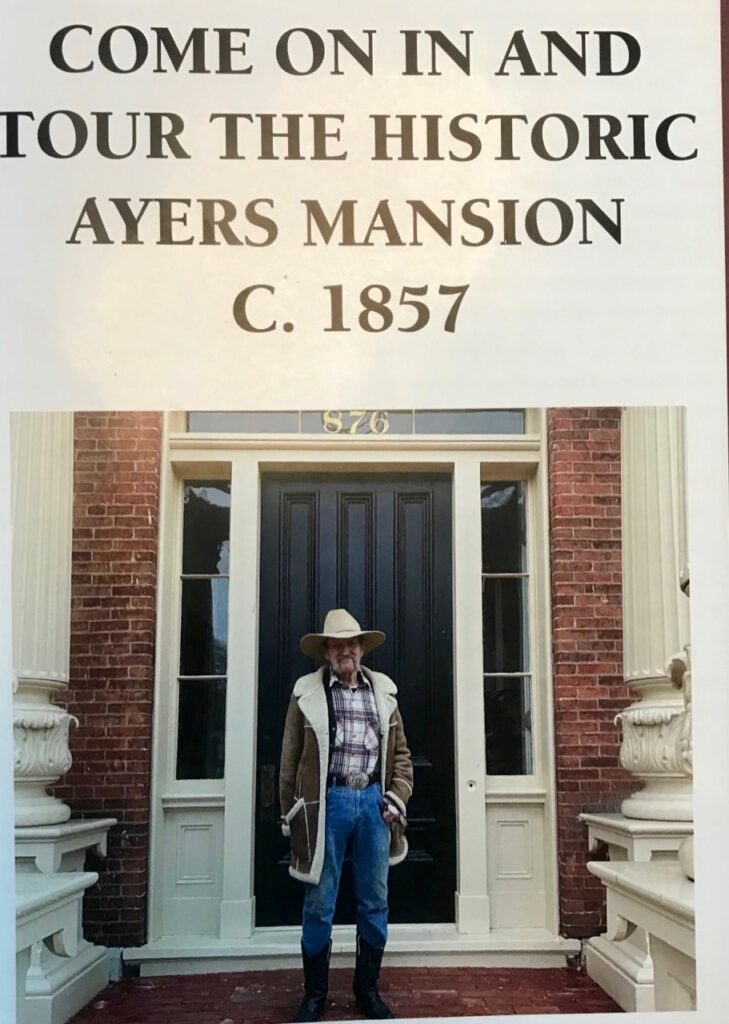
Note from Scotty DeWolf (from 2020): I am raising a final $150,000 to finish out the house so we can open up the bed and breakfast business which will become an economic engine to sustain the “Esprit de Corps Academy.” Our mission is providing FREE music and performing arts education here in Jacksonville and many of the surrounding small farming communities who lost their program funding when the State of Illinois’ budget was in recent crisis. This non-profit will also outreach to seniors here to keep them engaged in learning new things and staying mentally active. Make a PayPal online donation https://theespritdecorps.com/donate

See Scotty’s FaceBook page. At the FB search bar or GOOGLE, enter: “Facebook Villa DeWolf B & B.”
Interviews from previous issues below and additional Salons interviews can be read here.
From Spring 2020 Issue #16:
by J.Macon King
Jeff Kaliss is a longtime music and entertainment journalist and author, with hundreds of articles in publications in the Bay Area, the country, the world, and online. Jeff’s poetry, fiction, creative non-fiction, and scripts have been published and he has made numerous performance both as a reader, and in collaboration with jazz artists. For the San Francisco Chronicle and the Marin Independent Journal Jeff reviewed diverse genres from comedy to jazz and rock and theater to opera. His work led to encounters with the likes of Dizzy Gillespie, Willie Nelson, Huey Lewis and Sly Stone. Jeff’s poetry is featured in the Literary Latte and metafiction here.
Jeff, let’s start with your time writing for the San Francisco Chronicle and the Marin Independent Journal.
My first article for the San Francisco Chronicle’s “Pink Section” was on spec. It was an interview with magical standup comedian Bob Rubin, and it was intended for a magazine called Comedy Times which went under (despite a benefit performance at the Punchline in Walnut Creek by Robin Williams, which I attended and taped), so I found another place to use it. For seven or eight years I covered comedy at first, and then jazz, world music, rock, theater, and some other stuff. Of the staff members you mention, I had the most interchange with Joel Selvin, whose attitude seemed hard to scale, until I interviewed him much later for my biography of Sly & the Family Stone, when he almost seemed tender.
I had more leeway with the Marin Independent Journal than with any periodical I’ve ever written for, partly due to my broad-minded, high-spirited, encouraging editor, the late Jeff Lettow. I covered all of the above topics, plus the Mill Valley Film Festival. I was for a time a featured theater and opera critic, and I did features for their Thursday special editions. Got to know Marin County and its multiple talents and venues.
Impressive amount of diverse arts you covered. I remember Sly’s live performances —off the hook! Woodstock, for example. Sly was not only an innovative musician but a hell of a showman and bandleader. Tell more of your Sly experience.
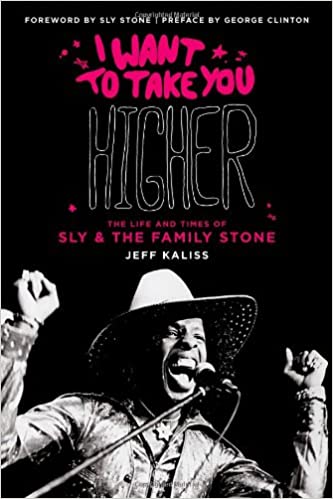
I didn’t plan on writing I Want to Take You Higher: The Life and Times of Sly & the Family Stone (Backbeat Books, 2007, 2008). It came to me as a cold call from a literary agent who’d seen something I’d written about Sly for a music website. Actually getting to talk to the guy, when he was sequestered in a mansion in the hills of Napa County, wasn’t easy, but I’m a determined dog. I ended up interviewing him several times, along with other band members and folks connected with their career, and I made a lot of new friends in the process.
What other well-known people have you interviewed, and any plans for another bio?
If I ever do another biography, I’d like it with someone more accessible and loquacious, more like some other folks I’ve interviewed for periodicals, such as jazzmen Horace Silver and Charlie Haden, world musicians Hugh Masakela and George Kahumoku, Jr., country legend Willie Nelson, Huey Lewis, classical composer and benefactor Gordon Getty, and the like.
Willie! Hold on a gosh darn minute. I can’t let Willie get away. Jeff, tell us about your experience with Willie.
I started listening to Willie Nelson when the federal agency I was working for intimated that they might relocate me from San Francisco to Sacramento, and I figured I should start listening to country music, which I ended up liking much more than I thought I would. I got to see him live in Portland, Oregon when the agency sent me and a pot-smoking colleague up there on a field trip; David Alan Coe was the opening act. So, after I’d started writing for the Chronicle and noticed that Willie was scheduled for a couple of Bay Area gigs a few weeks apart from each other, I hastened to arrange an interview with him.
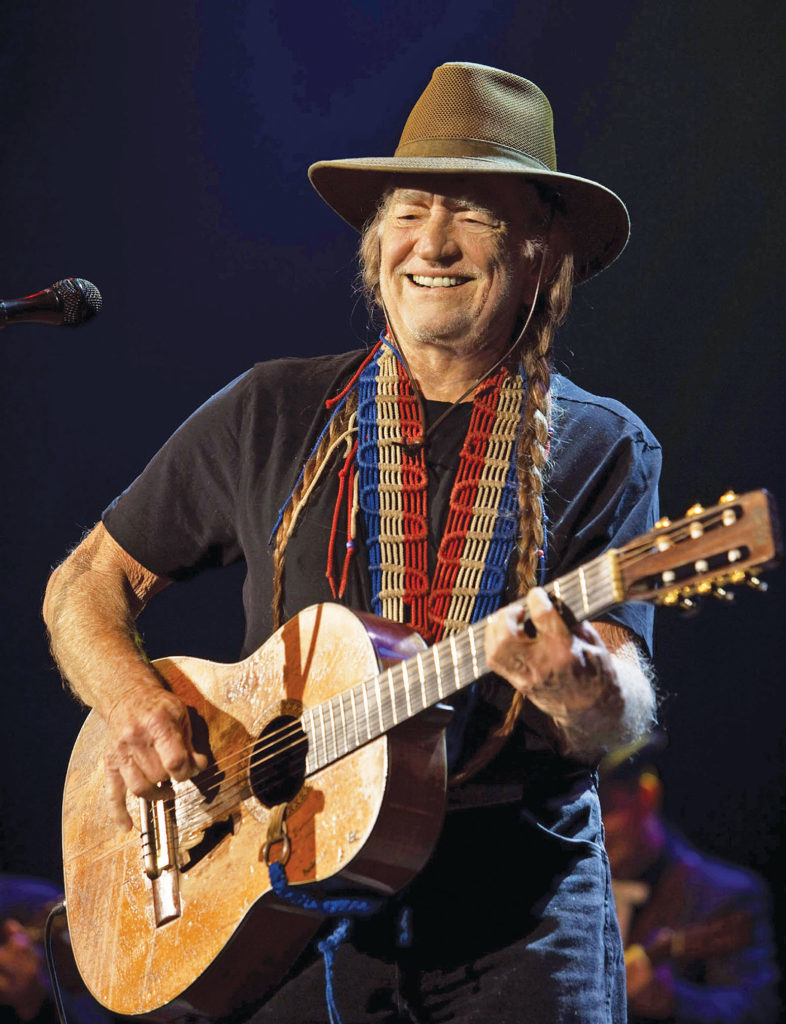
I and the assigned Chronicle photographer showed up backstage at the erstwhile Circle Star Theater in San Carlos, the site of the first of Willie’s gigs, and we had to wait forty minutes past the appointed time before Willie’s several tour buses rolled into the parking lot. The first thing Willie wanted when we got on the bus was to smoke some Mexican weed, which he invited us to share. The photographer demurred, but I figured it could only help, so I puffed my way through the first part of our interview on the homey, well-equipped bus, with Willie’s sister and keyboardist Bobbie sitting nearby on a fold-down sofa, smiling alluringly.
Willie was engaging but spare in his responses, something like a cowboy Zen master. And it was good weed, but being a Capricorn, I snuck looks at my watch, and realized our talk was extending past show time. Willie didn’t seem to care, he seemed to be having a good time, which prolonged and enhanced mine. When we finally stepped off the bus, I was glad I was the kind of guy who could work while stoned, but also glad that being stoned helped me ignore the dirty looks from venue staff, who seemed to want to blame the delay on me. The show itself was a blast, Willie and his adoring, adorable bandmates cantering through his considerable canon for an adoring crowd.
Willie had invited me to return after the gig to the bus, where I found him standing on the steps signing autographs. Back inside, he displayed a fat joint one of the fans had gifted him with, and suggested we assess it. I accepted the offer, and extended the interview.
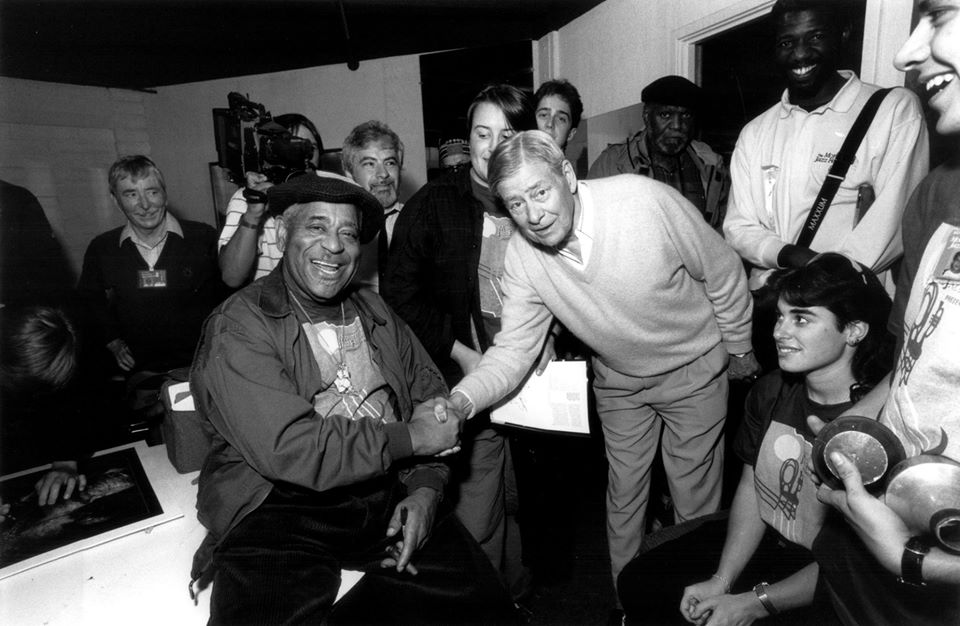
This Dizzy photo is fantastic. Jeff, what was your participation with the Monterey Jazz Festival?
I was at the 1989 Festival before and afterwards, as a freelance writer, a contributor to the San Francisco Chronicle, and as a contributor to the Festival’s program booklet. For their program, I wrote both feature pieces and artist bios. I interviewed both Dizzy Gillespie, more than once, and Jimmy Lyons, who co-founded the Festival.
Let’s hear about your San Francisco Chronicle interview with Huey Lewis.
We chose Mill Valley’s 2 AM Club as our site for my interview with Huey not only because his local abode was on that side of the Bridge, but also because that was where the cover photo for his breakout album Sports was shot. And because Miller Avenue was where he’d had gigs with groups that had preceded the News, and he’d soon be performing at the Marin County Fair.
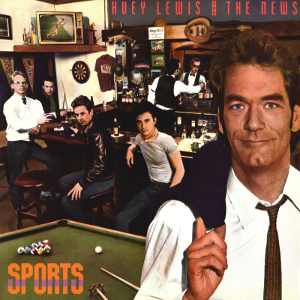
However, our scheduling was closer to 2 PM, and for some reason they weren’t serving drinks yet at the 2 AM, in fact, they weren’t officially open, so they were doing the Chronicle a favor. They made us some coffee.
So technically, you can’t say, “I had a drink with Huey at the Deuce?” (laughs)
Ha, right. Personally, I don’t depend on a clock to tell me when to drink. Huey wore a black leather jacket as worn as his smiling middle-aged visage. He was friendly and forthcoming, and he willingly posed by the pool table where he’d posed decades earlier for that cover image. Some months later, he performed soulfully on harmonica (his instrument in Clover) at the San Francisco Blues Festival, to which I brought my two small kids, after a micro-soccer game nearby on the Marina Green. Huey came over with a charming greeting for them, and they both grew up loving his good-time rock ‘n’ roll, including his contribution to the soundtrack of the “Hill Valley” movie, Back to the Future.
What is your background?
I was born in Brooklyn, but exported as a baby to Bar Harbor, Maine, where my Dad was a research biochemist, and my Mom a piano teacher. I loved both the natural and the human aspects of that place, and I continue to write about its magic and my memories in a variety of literary genres; two creative non-fiction pieces about Bar Harbor are about to be published in this semester’s issue of Forum, the literary magazine out of the City College of San Francisco. Last semester they published a poem about my Aunt Stella, who was my refuge and delight on the Upper West Side of Manhattan; I also revisited New York often for its music, theater, and ballet.
Where did you go to school back East and what drew you out to San Francisco?
I went to Boston University (my Mom didn’t want me straying too far from home). In my sophomore year there, I met a freshman in the dorm from Brockton, Mark, he was a Bob Dylan fan and we became buddies, and I was happy when he met a girl from California who lived in the next dorm over. Towards the end of that year, they both sought advice from me on what would be becoming a long-distance relationship during the coming summer, and the girl, Jill, began liking me more than my buddy, which tore me up a bit, but was hard to resist.
We became a sort of couple during the next year, then she returned to the San Fernando Valley and convinced me to leave B.U. in the middle of my senior year and relocate to SoCal. After about a year-and-a-half, both her parents and my parents decided that if we were going to keep having sex, we should make it legal. I agreed to marry Jill, but insisted we move up to San Francisco, which seemed to be where it was really happening, man. It was, and we did.
That’s a classic tale! I too was seduced to California by a girl. Jeff, I met you as a fellow poet. That was when we read along with our mutual friend Don Alberts and his Renaissance Band at the historic 7 Mile House in Brisbane, CA. Let’s talk about your poetry.
I only wrote poetry occasionally until I decided, after my older kid went off to college, to enroll again at San Francisco State University and pick up an MFA in Creative Writing. Some poems ended up in my master’s thesis, and my output accelerated when I later started poetry classes at CCSF. It’s no surprise that my Maine raising and music still get major coverage in my verse, and that much of my stuff is upbeat. As you mentioned, I’ve read to jazz accompaniment in the company of the late pianist and poet Don Alberts, primarily at the 7 Mile House, and with wonderful jazz vocalist Thu Ho, at venues like Bird & Beckett bookstore in San Francisco.
You have some musical talent as well, right?
Even while limited to my desktop’s screen by the sheltering-in-place, I seek out music in all the genres I’ve written about, and I’ll be happy to return, safely, to the concert halls, restaurants, bars, and clubs where I’ve enjoyed live performances for the half-century or so I’ve lived in San Francisco. I’ve also been taking jazz piano and music theory courses at CCSF, and I’m willing and able to perform on piano or guitar myself, in the right company.
I’ve been much more likely and able to jam with amateur musicians then with pros, though some have been semi-pros. I’ve played guitar and/or piano at endless parties, and have done regular sessions with a bunch of pot-smoking papas out at a rented studio at Hunters Point. Oh, and I sing. All of this has informed my interviewing plenty of professional musicians, but so far they haven’t asked me to sit in.
How you doing during this virus “cowering in place,” as I call it?
Thank goodness that our shelter has a decent-sized TV, where I can discover, or rediscover, some of the great films and series which have and continue to influence my own creative work. I haven’t had a lot of time for reading outside of course work, but the occasional novel, biography, and poetry collection show me where some admirable people have gone with their imaginations and where I can follow with mine.
Tell us something of your imagination.
For my MFA thesis, I departed tradition by introducing the character of a Muse, who introduces the thesis (in her own voice) and reappears throughout, with more introductions and opinions. The Muse is real enough to be an ongoing influence on me, and you’d suppose that I’m always wondering whether human females I encounter here and there might have a little of her in them. Then there’s my cat, Martina, who’s named after a character from one of my plays, and who I sometimes refer to as a ‘Mews’.
That is creative! Have you seen The Muse comedy film by Albert Brooks, with Sharon Stone and Jeff Bridges? (1999)
Haven’t seen the film, but I like Brooks’s stuff. By the way, the mansion where Sly Stone lived, when I first interviewed him, had formerly been occupied by Sharon Stone — no relation. I also recently wrote a poem about the Muse on a prompt during Poetry Month.
Anything else you’d like to add?
Has this been like my talking about the things that decorate my life? I could talk about lots of other things, like jukeboxes and travel (both of which I’ve also written about), but maybe we should leave that for later. John, in your novel, there’s that Savoy juke box I remember well, and I have fond memories of the vintage selection of discs at the Aub Zam Zam, which accompanied my flirtation with a muse-worthy dancer several inches taller than me, before we repaired to her place around the corner on Buena Vista West. I wrote a juke box fiction piece, based in the real-life erstwhile Portals Tavern, the closest thing I ever had to a “local.”
Hopefully we can all return to our locals, soon, and gain more of those future memories! Thanks, Jeff.
Editor notes: See Jeff’s muse metafiction here. San Francisco bars referred are—Savoy is Savoy Tivoli in North Beach. Aub Zam Zam, aka Bruno’s, aka Persian Aub Zam Zam is in the Haight. Beloved dive Portal’s Tavern in West Portal district closed August, 2019, after 82 years.
END
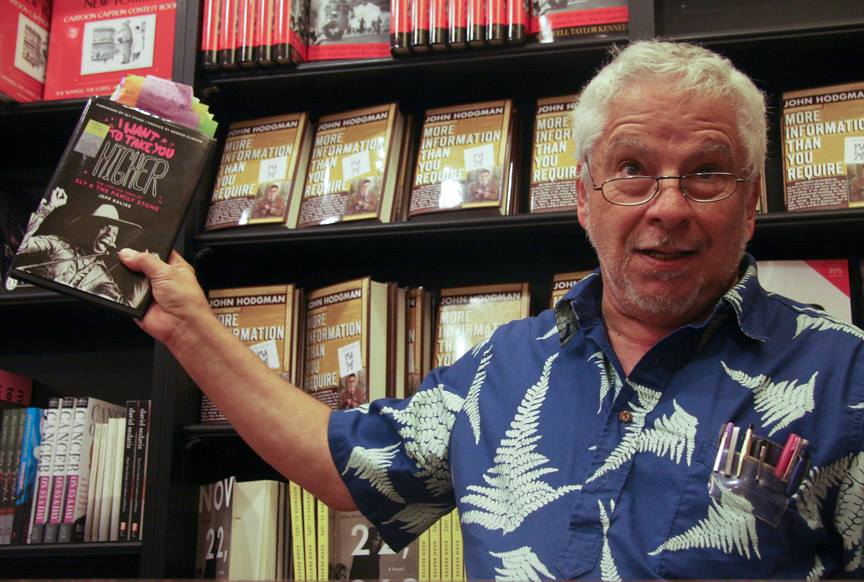
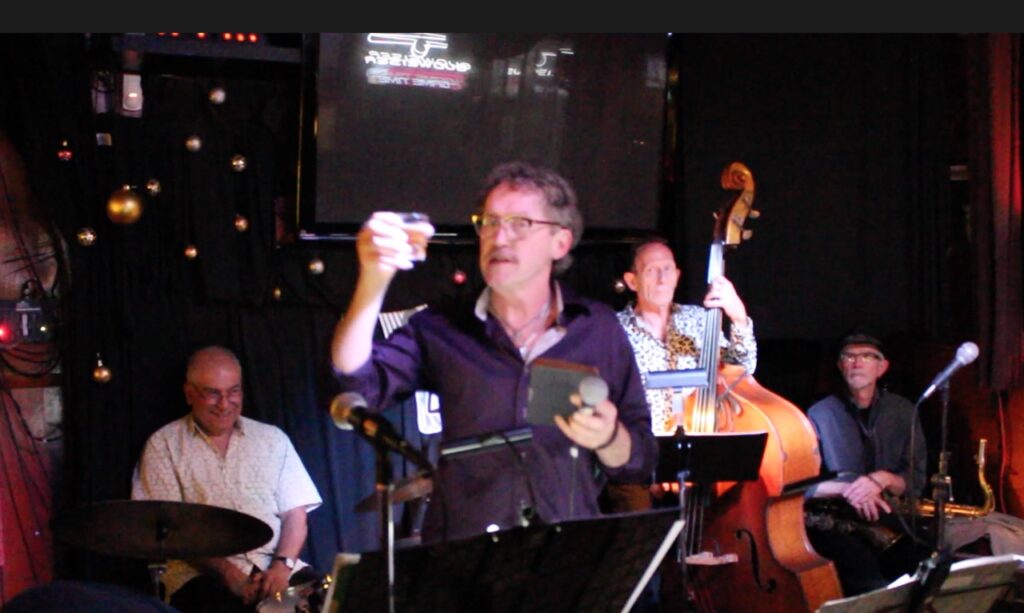
Photo credits: Willie Nelson—web promo source. Dizzy—Courtesy of Monterey Jazz Festival Photographers Pool. Kaliss—uncredited from Jeff Kaliss collection.
Can you name these writers whom we have interviewed?
Previous MillValleyLit interviews include:
T.C. Boyle, Peter Coyote, DeLorean Auto CFO Walter Strycker, Anne R. Dick, Lyle Tuttle, Catherine Coulter, Jennifer Egan, David Harris, Tom Barbash, Louis B. Jones, James Dalessandro, Michelle Richmond, Beat expert and biographer\poet Gerald Nicosia, LSD Legend Michael Randall, rockin’ writer Deborah Grabien, journalist Jeff Kaliss, audiobook narrators Simon Vance and Paul Costanzo.
Photo credits: Author photos by J.Macon King, except the Dicks, courtesy of Anne R. Dick, and Lyle Tuttle which is from promo source.
